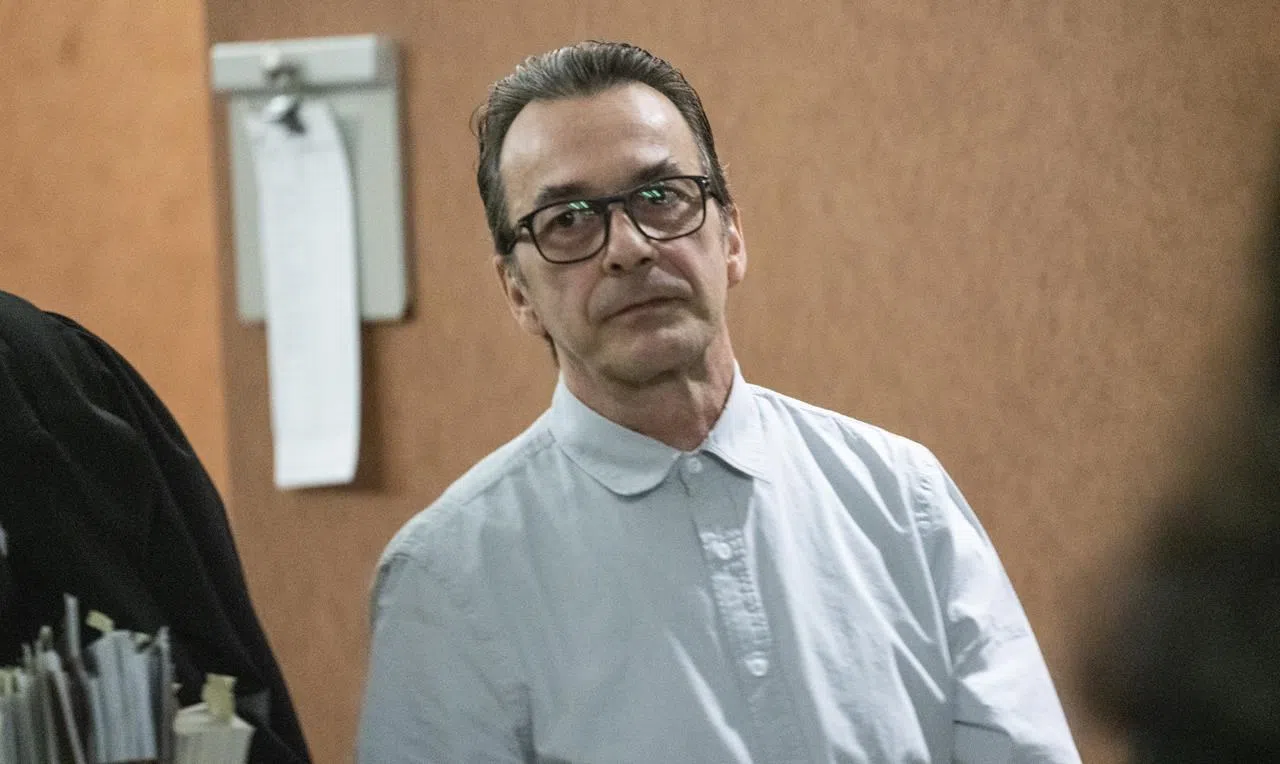
Defence suggests manslaughter conviction in case of man who killed ailing wife
MONTREAL — The murder trial of a Montreal man for the death of his Alzheimer’s-stricken wife neared its end Tuesday as lawyers made their final arguments ahead of jury deliberations.
Michel Cadotte’s lawyer implored jurors to consider the lesser charge of manslaughter while the prosecution argued the criteria for second-degree murder had been met.
Cadotte, 57, is charged in the killing of his wife of 19 years, Jocelyne Lizotte, who was suffocated with a pillow at a Montreal long-term care home on Feb. 20, 2017.
Lizotte, 60, was suffering from advanced Alzheimer’s disease. Cadotte had been told about a year before the slaying that his wife did not qualify for a medically assisted death because she couldn’t consent and was not considered to be at the end of her life.


